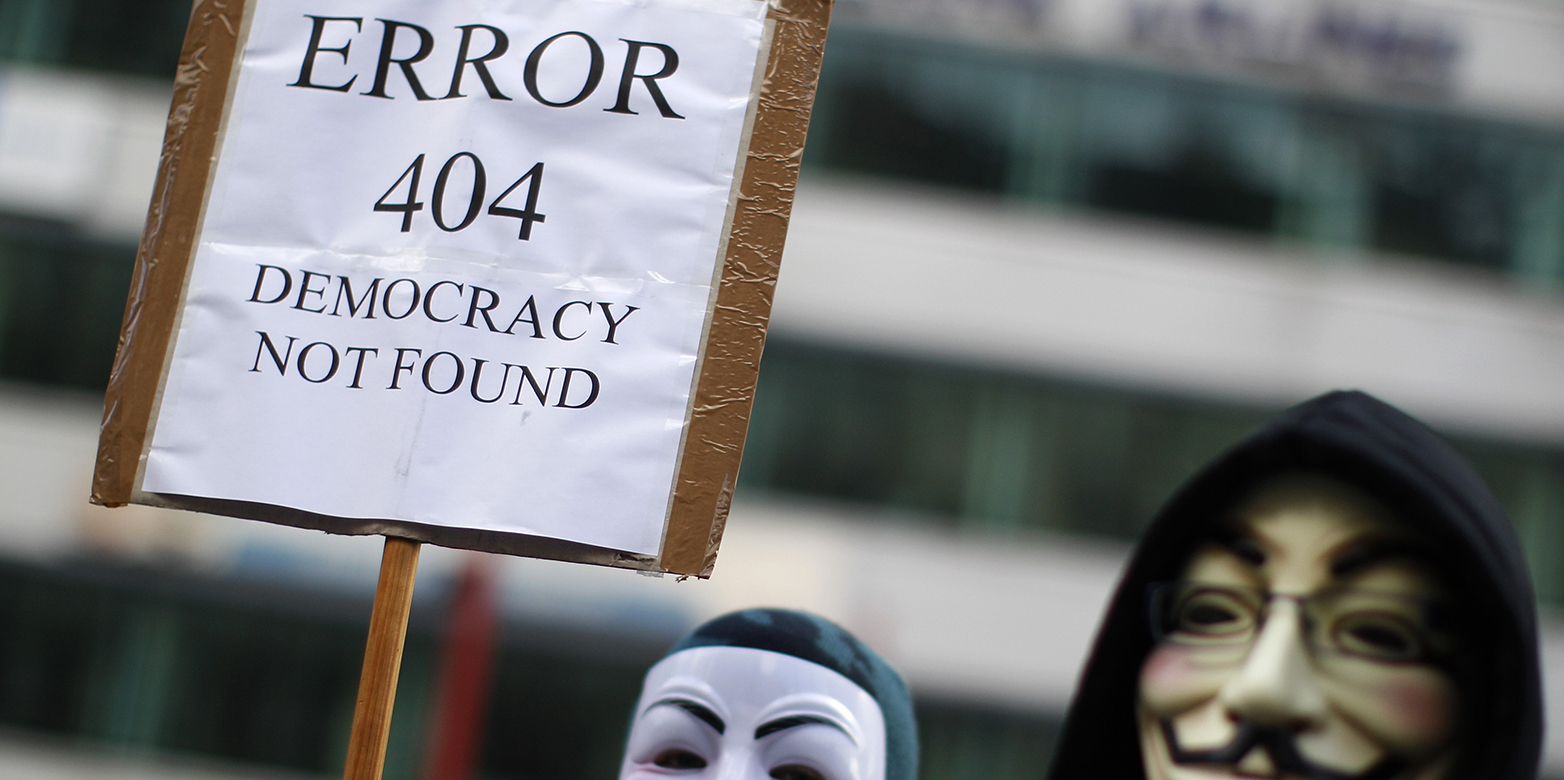Internet Freedom in Retreat
The initial hopes associated with the spread of the Internet have gradually diminished. Both in democratic and in authoritarian systems, Internet freedom is contested. The need for reform creates possibilities for new actors to shape the future version of the Internet, argues CSS Julian Kamasa in this CSS Analysis. A key challenge will be to prevent a splintered Internet.

The Internet architecture has undergone a wide range of changes since it was devised as a project idea at the European Centre for Nuclear Research (CERN) in Geneva in 1989. At that time, Tim Berners-Lee, a young British computer scientist, developed a concept that essentially founded the World Wide Web. The main emphasis was on the transfer of data enabled by universal standards of transmission. This idea was not driven by commercial interest, but rather a normative one – the creation of a widely available infrastructure for free exchange of information. Associated with this notion was the hope for a decentralization of information sovereignty from the state to users. A wide range of available information, so the aspiration went, would also lower the barriers to entry for lower classes and thereby reduce education inequalities.
